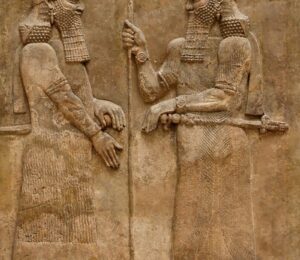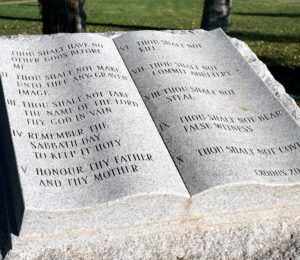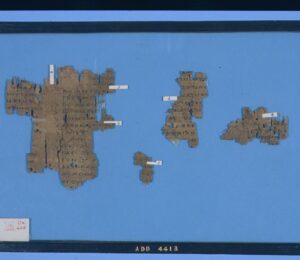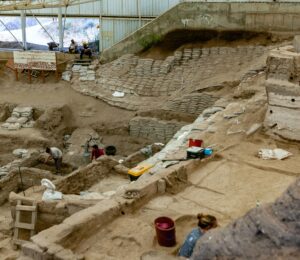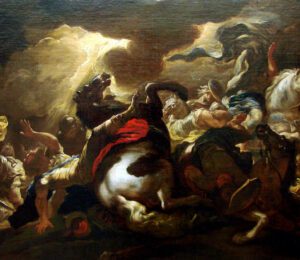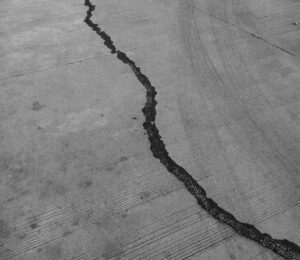Historicity of Biblical People – Judah Kings Part One
The historicity of Biblical people has been confirmed by archaeological research over the past few decades. These people are listed in the Biblical Archaeology Society online archives and provide some confirmation of Biblical historicity in general. Some confirmed biblical people through multiple archaeological findings, while others are part of a larger historical narrative (such as Egyptian pharaohs and secular historical knowledge). Hebrew Kings King David Many liberal historians have doubted the existence of the Hebrew kings, preferring to reference them as mythological. The general explanation suggests that after the Israelis were held captive in Babylon for many years, some returned… Read More »

